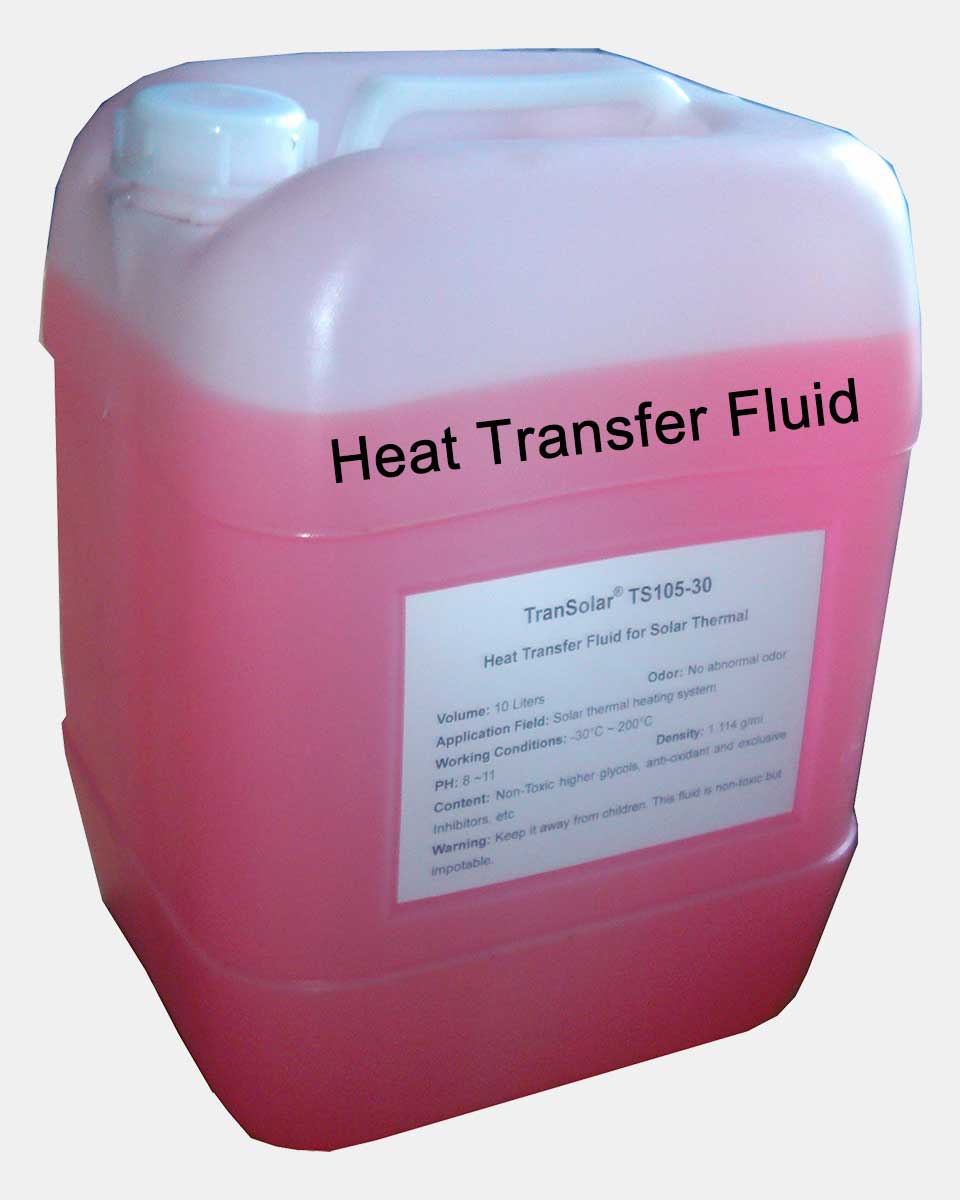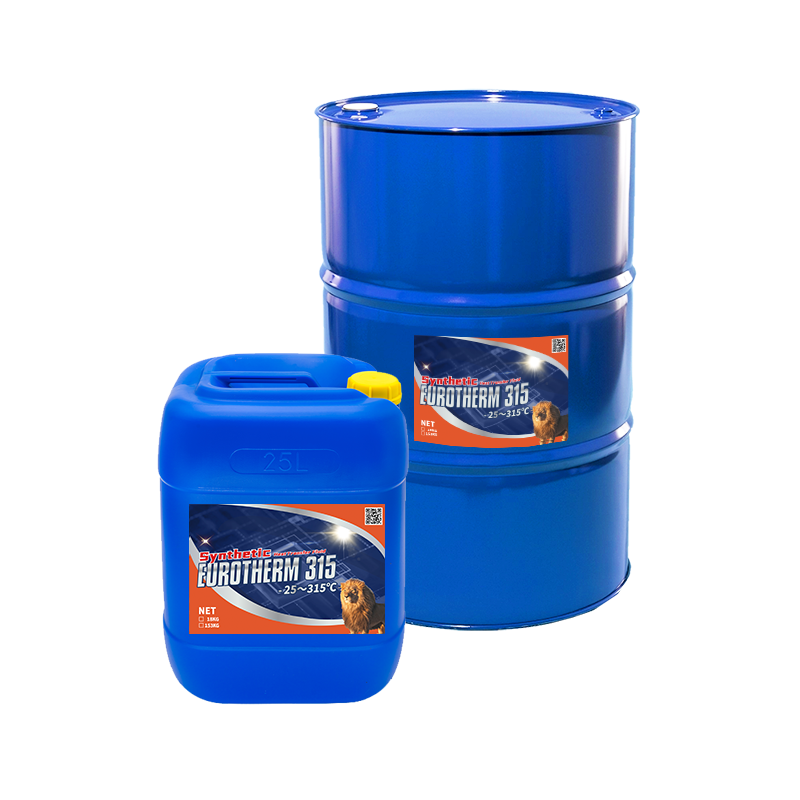Maximize Your System's Life-span With the Right Heat Transfer Fluid
Choosing the ideal heat transfer fluid is important for enhancing system efficiency and durability. The right fluid not only improves thermal effectiveness however additionally mitigates prospective damage on important components such as pumps and heat exchangers - heat transfer fluid. Comprehending the different kinds of warmth transfer liquids and the details requirements of your application can considerably influence the general health of your system. Lots of forget key factors that could make a substantial distinction. What factors to consider might you be missing out on that could inevitably affect your system's efficiency?
Importance of Heat Transfer Fluids

In addition, warmth transfer liquids add to the safety and security and integrity of thermal systems. In addition, the right warmth transfer liquid can give defense versus rust and scaling, additional prolonging the life expectancy of machinery and facilities.
Kinds Of Heat Transfer Fluids
Various sorts of warmth transfer liquids are frequently made use of in commercial applications, each customized to certain operational requirements and temperature arrays. One of the most common classifications consist of water, oils, and specialized synthetic liquids.
Water is usually used because of its outstanding thermal conductivity and availability; nonetheless, its constraints occur at high temperatures and possible freezing conditions. For higher temperature level applications, thermal oils, such as mineral oils or organic substances, are utilized. These oils supply exceptional thermal stability and can run efficiently at elevated temperature levels, making them suitable for processes like food handling and petrochemical manufacturing.
Synthetic liquids, which can be either not natural or organic, are created to satisfy certain performance standards. They commonly show enhanced homes such as reduced toxicity, wide temperature level arrays, and resistance to oxidation. Examples consist of glycols and esters, which are ideal for specialized applications like solar thermal systems and warm exchangers.
Additionally, refrigerants are made use of in cooling systems, leveraging their stage change properties to launch and absorb warm efficiently. Each type of warmth transfer liquid provides distinctive advantages and is selected based upon the details needs of the application, ensuring ideal efficiency and system longevity.
Elements to Take Into Consideration When Choosing
Selecting the proper warmth transfer liquid entails careful factor to consider of numerous variables to make sure ideal performance and system efficiency. Among the main variables is the temperature level range click here now required for the system. Fluids vary in their thermal security and can shed or decompose efficiency outside particular temperature limitations.
One more important factor to consider is the fluid's viscosity, as it affects pump performance and power intake. A liquid that is as well thick may hinder circulation and rise functional expenses. Furthermore, the fluid's specific warmth ability plays a crucial function in figuring out exactly how effectively it can move warmth.
Chemical compatibility with system materials is also important to stop rust, degradation, or leakages - heat transfer fluid. Making certain that the picked fluid works with the building and construction materials can extend the life-span of the system

Benefits of Appropriate Fluid Selection
Correct option of a heat transfer fluid returns substantial advantages for system effectiveness and integrity. The right fluid enhances thermal conductivity, making certain ideal heat transfer prices within the system. This performance reduces energy usage, bring about reduced functional prices and a reduced ecological impact.
In addition, ideal fluid selection contributes to system long life by avoiding rust and deterioration of elements. Liquids developed with rust preventions secure steel surface areas, thus extending the life expectancy of pumps, pipes, and heat exchangers. Furthermore, selecting browse around this web-site a fluid with suitable viscosity guarantees effective blood circulation, which is essential for maintaining consistent temperature circulation throughout the system.
An additional crucial advantage is the fluid's thermal stability. A secure warmth transfer liquid can operate over a wide temperature array without damaging down or losing efficiency, which is important for systems exposed to fluctuating thermal problems. In addition, the ideal fluid can also minimize threats associated with freezing or boiling, therefore stopping functional disruptions.
Maintenance Tips for Long Life
Making certain the longevity of a heat transfer system requires thorough maintenance practices that complement the benefits try this website of correct liquid choice. Routine examinations are vital to recognize potential leakages, rust, or sediment build-up that might jeopardize system effectiveness. Establish a regular timetable to evaluate pipe integrity, links, and installations, as these areas are commonly susceptible to tear and put on.

Keeping an eye on fluid levels and quality is just as vital. Routinely inspect for indications of contamination, such as discoloration or particulate matter, which can show degradation of the heat transfer liquid. Implementing periodic fluid analysis can provide understandings right into its chemical homes, enabling prompt replacements when essential.
In addition, keeping optimum operating temperature levels is essential. Urge making use of temperature level controls and sensors to avoid overheating, which can increase liquid deterioration and damage system components.
Last but not least, constantly comply with the supplier's standards relating to fluid replacement periods and upkeep procedures. By committing to these ideal methods, you can substantially boost the functional lifespan of your warmth transfer system, making certain trusted performance and minimizing the demand for premature substitutes or expensive repairs.
Verdict
In final thought, the option of a suitable warm transfer liquid is important for improving system efficiency and durability. By understanding the numerous types of liquids and considering vital elements such as thermal conductivity and deterioration resistance, optimal performance can be accomplished.
Warmth transfer liquids play a vital role in various industrial and industrial applications by helping with the efficient transfer of heat between surface areas.Furthermore, heat transfer liquids add to the security and integrity of thermal systems. Furthermore, the fluid's specific heat capability plays a vital duty in determining how efficiently it can move heat.
The right liquid boosts thermal conductivity, guaranteeing optimum warm transfer prices within the system. A secure heat transfer liquid can operate over a wide temperature level variety without damaging down or shedding effectiveness, which is essential for systems exposed to rising and fall thermal conditions.